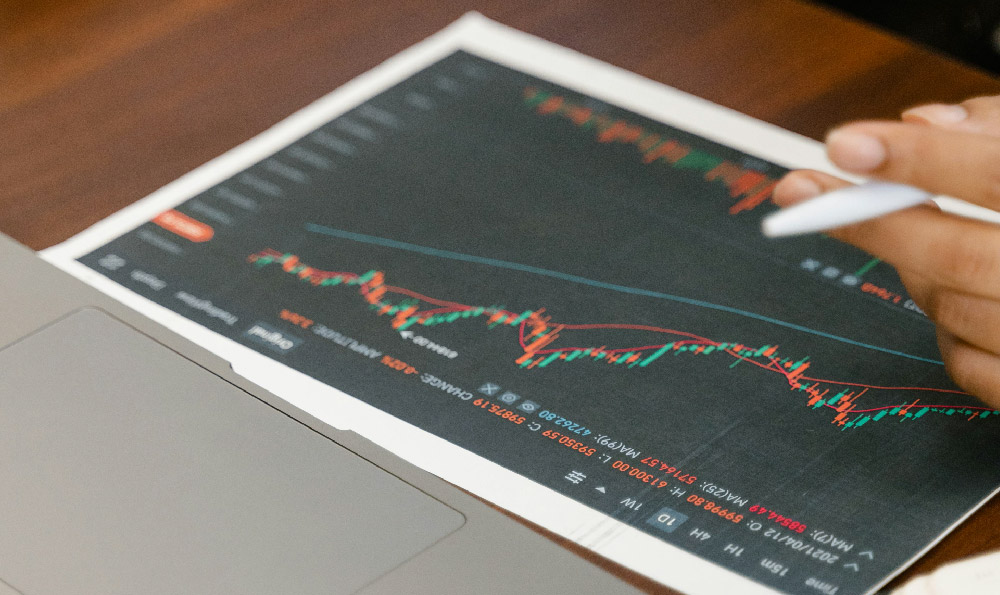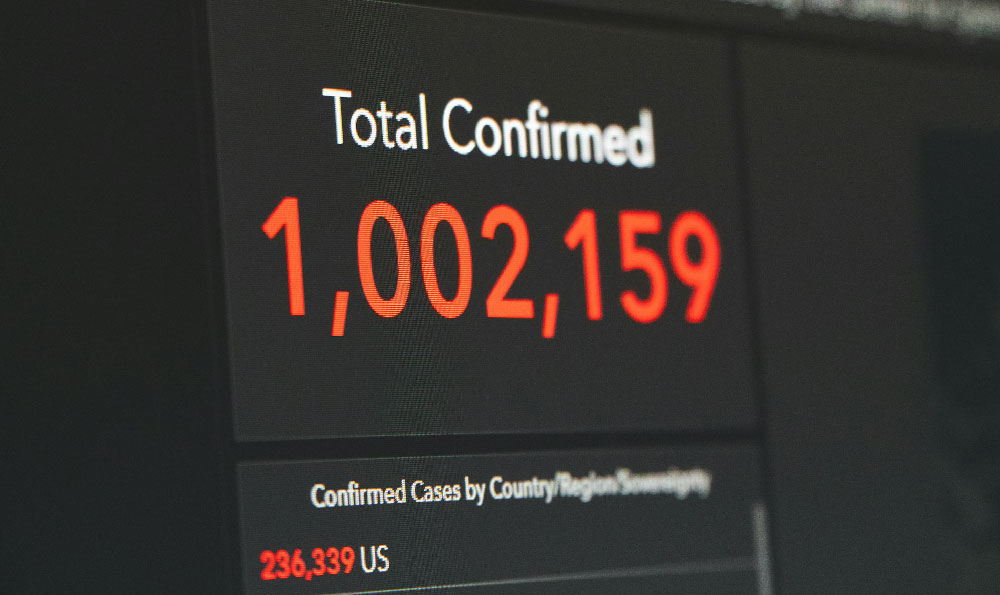Investing in NFTs: A Good Idea? How Does One Even Start?
Investing in Non-Fungible Tokens (NFTs) has become a hot topic in the financial world, sparking both excitement and skepticism. The allure of digital ownership, unique collectibles, and potentially high returns has drawn many into the NFT space. But is investing in NFTs a good idea? And if so, how does one even begin? This article will explore the pros and cons of NFT investing, provide a beginner's guide to getting started, and highlight some essential considerations before diving in.
What are NFTs and Why Are They Valuable?
Before considering investment strategies, it's crucial to understand what NFTs actually are. An NFT is a unique, non-interchangeable data unit stored on a blockchain, a digital ledger. This means that each NFT is distinct and cannot be replicated. NFTs can represent various digital assets, including:

- Digital Art: Images, animations, and 3D models.
- Music: Songs, albums, and even unique musical scores.
- Virtual Real Estate: Plots of land in virtual worlds like Decentraland and The Sandbox.
- Collectibles: Trading cards, virtual pets, and other digital items.
- In-Game Items: Weapons, skins, and other assets within video games.
The value of an NFT is derived from several factors, including its rarity, the reputation of the creator, its utility (e.g., access to exclusive content or events), and, of course, market demand. Like any collectible, NFTs are only worth what someone is willing to pay for them.
The Potential Upsides of Investing in NFTs
Investing in NFTs can offer several potential benefits:
- High Potential Returns: The NFT market has witnessed instances of significant price appreciation, with some NFTs increasing in value exponentially. This possibility of high returns attracts many investors.
- Diversification: NFTs can serve as an alternative asset class, diversifying an investment portfolio beyond traditional stocks, bonds, and real estate.
- Supporting Artists and Creators: Investing in NFTs allows collectors to directly support artists and creators, fostering a more direct connection between creators and their fans.
- Access to Exclusive Communities: Some NFTs grant access to exclusive online communities, offering networking opportunities and unique experiences.
- Digital Ownership: NFTs offer verifiable ownership of digital assets, which is a novel concept with potential applications in various industries.
The Risks and Challenges of NFT Investing
Despite the potential benefits, NFT investing also carries significant risks:
- Volatility: The NFT market is highly volatile, with prices fluctuating dramatically. The value of an NFT can drop significantly, resulting in substantial losses for investors.
- Lack of Liquidity: Selling NFTs can be challenging, especially if the demand for the specific NFT is low. This lack of liquidity can make it difficult to cash out of an investment quickly.
- Fraud and Scams: The NFT space is rife with scams and fraudulent activities, including fake NFTs, rug pulls (where creators abandon a project after raising funds), and phishing attacks.
- Security Risks: NFTs are stored on digital wallets, which can be vulnerable to hacking and theft. Losing access to a wallet can result in the permanent loss of valuable NFTs.
- Uncertainty: The long-term viability of the NFT market is still uncertain. Regulatory changes and shifts in market sentiment could significantly impact the value of NFTs.
How to Get Started Investing in NFTs: A Beginner's Guide
If you're considering investing in NFTs, here's a step-by-step guide to getting started:
- Do Your Research: Before investing in any NFT, thoroughly research the project, the creator, and the market demand. Understand the potential risks and rewards involved.
- Choose a Blockchain and Marketplace: Most NFTs are built on the Ethereum blockchain, but other blockchains like Solana, Polygon, and Tezos are also gaining popularity. Popular NFT marketplaces include OpenSea, Rarible, and SuperRare. Each marketplace has its own fees and requirements.
- Set Up a Digital Wallet: You'll need a digital wallet to store your NFTs and cryptocurrencies. Popular wallet options include MetaMask, Trust Wallet, and Ledger (for hardware wallets).
- Buy Cryptocurrency: Most NFTs are purchased with cryptocurrencies like Ether (ETH). You'll need to buy cryptocurrency from an exchange like Coinbase or Binance and transfer it to your digital wallet.
- Connect Your Wallet to the Marketplace: Connect your digital wallet to the NFT marketplace you've chosen. This will allow you to browse, buy, and sell NFTs.
- Start Small: Begin with small investments and gradually increase your exposure as you gain more experience.
- Secure Your Wallet: Protect your digital wallet with strong passwords and two-factor authentication. Consider using a hardware wallet for added security.
Essential Considerations Before Investing in NFTs
Before investing in NFTs, consider the following:
- Investment Horizon: Are you looking for short-term gains or long-term investments? NFTs are generally considered a high-risk, speculative investment.
- Risk Tolerance: How much risk are you willing to take? Only invest what you can afford to lose.
- Due Diligence: Thoroughly research each NFT project before investing. Look for reputable creators, strong communities, and clear utility.
- Storage and Security: Protect your digital wallet and NFTs from theft and loss.
- Tax Implications: Be aware of the tax implications of buying and selling NFTs in your jurisdiction.
The Future of NFTs
The NFT market is still in its early stages, and its long-term future remains uncertain. However, NFTs have the potential to revolutionize various industries, including art, music, gaming, and real estate. As the technology matures and becomes more widely adopted, NFTs could become an integral part of the digital economy.
Conclusion: Is Investing in NFTs Right for You?
Investing in NFTs can be a potentially lucrative but also a highly risky endeavor. It's essential to understand the underlying technology, the market dynamics, and the potential risks involved before investing any money. By doing your research, starting small, and managing your risk effectively, you can increase your chances of success in the NFT market. However, it's crucial to remember that investing in NFTs is not for everyone. If you're risk-averse or lack the time and resources to conduct thorough research, it may be best to steer clear of this emerging asset class.















